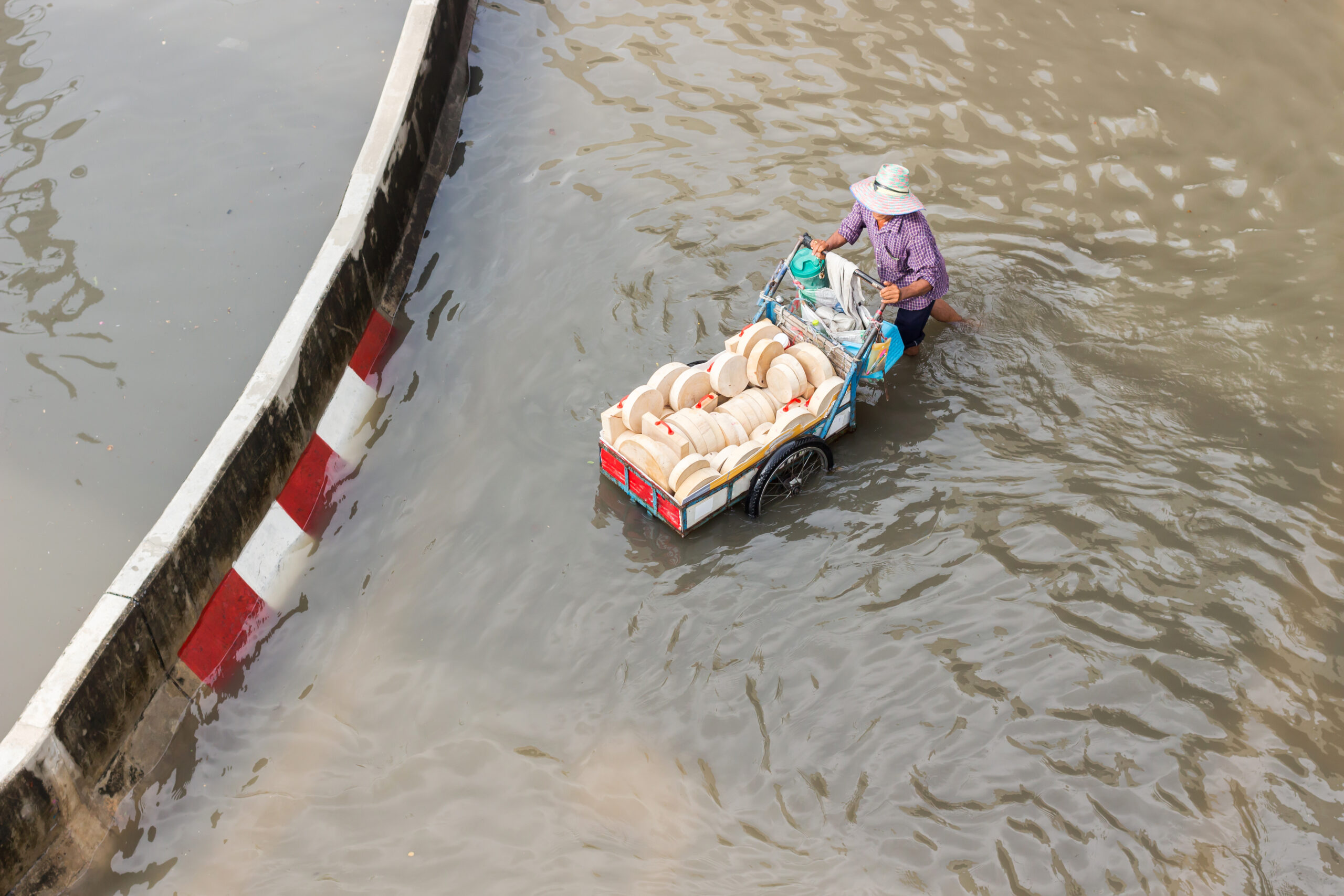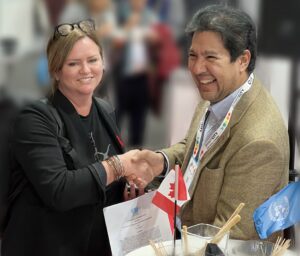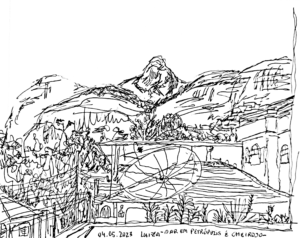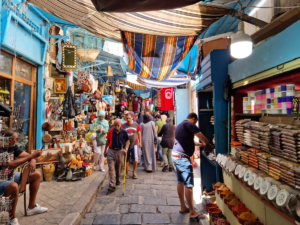RESCCUE, the first large-scale European R&D project on urban resilience, led by SUEZ, will organize the Urban Resilience in a context of Climate Change (URCC) conference on October 20 and 21. This online meeting, open and free of charge, will bring together different actors from academia, administrations, companies and local communities to exchange knowledge and share challenges and solutions in cities, with a special focus on European urban areas.
In the current context of climate change, the effects of each crisis depend on the preparation of cities to respond to these threats. Therefore, cities are taking more and more measures to be more resilient, that is, to anticipate, resist and recover with the least amount of damage in front climate change-related impacts.

The Organizing Committee of the URCC conference is made up of UN-Habitat, Barcelona City Council, SUEZ and Cetaqua, the Water Technology Center, all partners of the RESCCUE project. Besides, a Scientific Committee with more than 20 experts from different fields has been defined to ensure that the conference is of the highest possible quality.
Marc Velasco, Project Manager at SUEZ and coordinator of the RESCCUE project, together with Esteban León, head of the UN-Habitat City Resilience Global Program, will chair the conference. After the virtual welcome, participants will be able to enjoy 16 sessions on different topics related to urban resilience and climate change, as well as two plenary sessions with relevant names of the sector.
RESCCUE: a project that seeks to make cities more resilient
RESCCUE is the first large-scale R&D&I project on urban resilience in Europe, funded by the Horizon 2020 Program of the European Commission, which aims to improve the resilience of cities.
More specifically, RESCCUE, which will end in November this year, has achieved this goal by providing a set of models and tools to analyze urban resilience based on a multisectoral approach that overcomes current difficulties related to the lack of information on the integration of the different urban services. These models and tools have been validated in three different cities: Barcelona, Lisbon and Bristol, where the first application of the results has been carried out to guarantee that the final product is complete, of quality and easy to apply in other cities.

In this sense, RESCCUE has developed the RESCCUE Toolkit, available soon, an interactive platform where the main results of the project are collected, from databases to methodologies, along with a set of guidelines that outline the steps to follow to apply them in other cities.
_______________
More information and registration on www.urcc2020.eu






